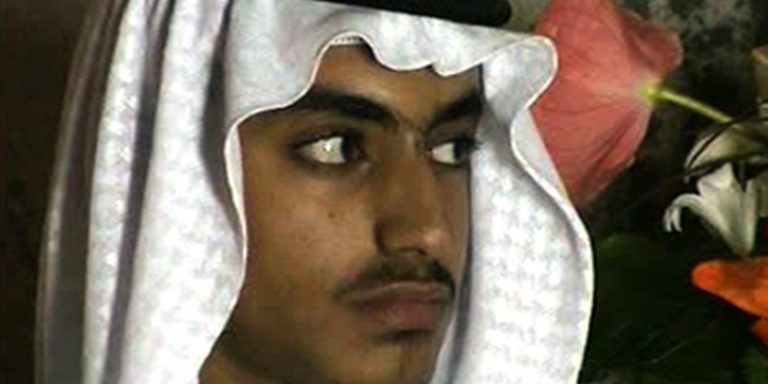INTELBRIEF
August 1, 2019
IntelBrief: If Hamza Bin Laden Is Dead, What Does It Mean For Al-Qaeda?

- On Wednesday, several unnamed U.S. officials seemed to confirm the death of Hamza bin Laden, the son of al-Qaeda’s founder and longtime leader Osama bin Laden.
- Since 2015, Hamza has assumed a more prominent posture in al-Qaeda’s propaganda.
- Given his importance to the group and its brand, the loss of Hamza will be a blow to al-Qaeda’s ability to recruit new and especially younger militants.
- Although he lacked the operational experience of other veteran al-Qaeda heads, Hamza’s transitional leadership to the next generation could have served as a potential unifier for the global jihadist movement.
.
On Wednesday, several unnamed U.S. officials seemed to confirm the death of Hamza bin Laden, the son of al-Qaeda’s founder and longtime leader Osama bin Laden. Details surrounding Hamza’s death have been murky, although it now appears that the United States played a role in the operation that killed the younger bin Laden. President Trump has so far declined to comment. It remains unknown where Hamza bin Laden was killed, with various reports over the past several years suggesting that he was in hiding in one of several countries—Iran, Afghanistan, Pakistan, or Syria. Given that the U.S. has publicly acknowledged a role in his death, it seems unlikely that he was killed in Iran.
Since 2015, Hamza has assumed a more prominent posture in al-Qaeda’s propaganda. That same year, he threatened American, French, and Israeli interests. The following year, he issued several more messages, including one that threatened Americans and another that directed his ire at the royal kingdom in Saudi Arabia and its present leadership. Over the past two years, Hamza has been featured in al-Qaeda propaganda that encouraged jihadists to attack the West, as well as exhortations to overthrow the Saudi regime through a violent uprising.
The death of Hamza, while on some level symbolic, will also impact al-Qaeda at a strategic level. Given his importance to the group and its brand, the loss of Hamza will be a blow to al-Qaeda’s ability to recruit new and especially younger militants, who have come of age in an era when the Islamic State, not al Qaeda, has been the most dominant entity in the broader jihadist universe. Though he lacked the operational experience of al-Qaeda leaders like Saif al-Adel, a longtime veteran jihadist who has ties to the group’s founding in the late 1980s, he had family connections that were important beyond his father. Hamza was not only bin Laden’s favorite son, but the son-in-law of Abdullah Ahmed Abdullah, aka Abu Muhammad al-Masri, the Egyptian al-Qaeda veteran wanted for his role in the 1998 East Africa embassy bombings.
If he has been killed, his death comes at a time when his position within al-Qaeda was being elevated. Last February, the State Department placed a $1 million bounty on Hamza through its Rewards for Justice program. Hamza has been groomed to lead al-Qaeda since he was a young man, anointed the group’s leader in waiting and poised to resurrect the organization and lead it into its third decade. In many ways, Hamza served as the generational link between the old guard and the current organization—his transitional leadership to the next generation could have served as a potential unifier for the global jihadist movement. Without him at the helm, al-Qaeda will struggle to find a suitable replacement with the same credibility and name recognition of its founder’s scion.
.
For tailored research and analysis, please contact: info@thesoufancenter.org
[video width="960" height="540" mp4="https://thesoufancenter.org/wp-content/uploads/2019/08/IB-0801.mp4" poster="https://thesoufancenter.org/wp-content/uploads/2019/08/AP_17305835363895.jpg"][/video]